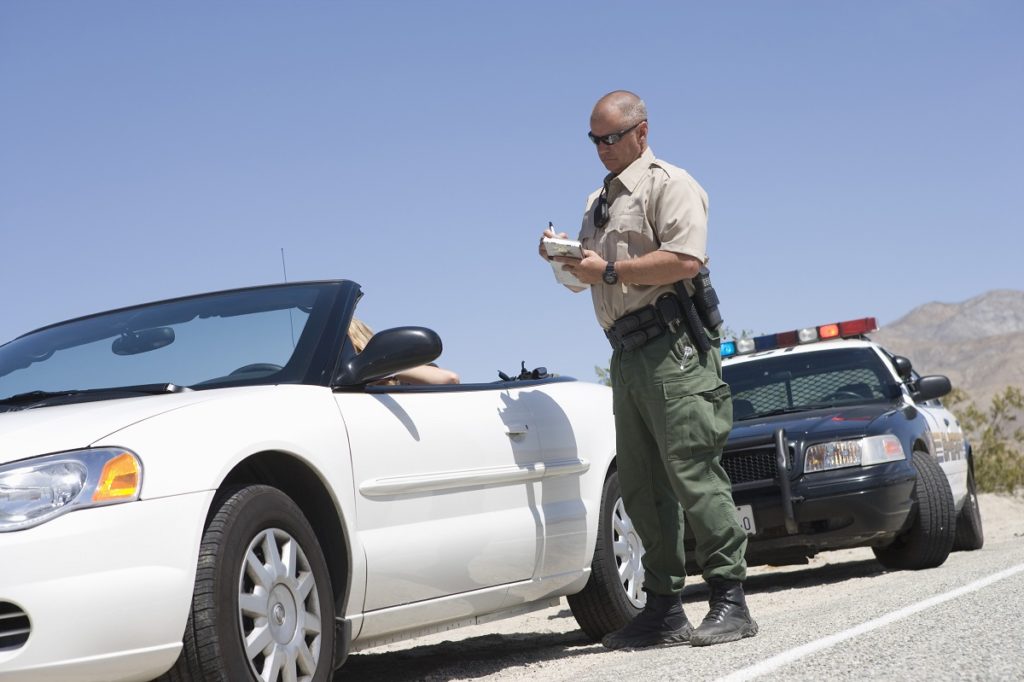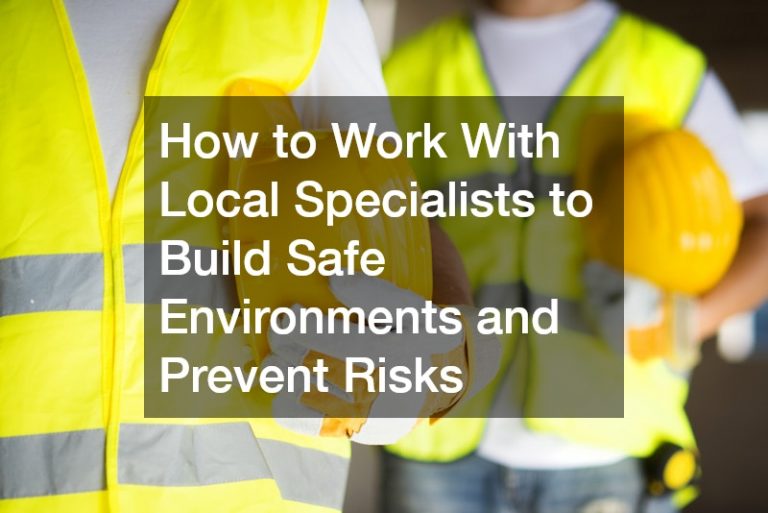It’s perfectly understandable to feel anxious when you see flashing red and blue lights in your rear-view mirror. Even if you’re a perfectly good law-abiding citizen, anxiety can creep up when you’re facing the authorities. That doesn’t mean you’ve suddenly and unknowingly become a crime lord. It’s normal to feel scared of being reprimanded and scolded.
As a child, the fear of authority might have been embedded in your mind without you noticing. Some parents scare children into finishing their meals by saying that the police will come if they don’t. And even TV shows and movies have a treasury of dirty and violent cop roles that you have been exposed to growing up.
Information plays a critical role in getting a hold and subduing this fear. Knowing the Dos and Don’ts during interactions with the authority can be beneficial for both you and the police officers. So, to help you avoid panicking and its possible dangerous consequences, here are twelve things that you should remember when legally interacting with law enforcement.
Stopped for Questioning
Don’ts
Don’t disrespect police officers. Paying your taxes doesn’t give you the right to treat people poorly. Show respect to police officers not because they’re figures of authority but because they are human beings just like yourself. Even though the use of profanity is your constitutional right, you can still be charged for disorderly conduct and resisting arrest.
Don’t run away or physically resist conversations. Whether it’s unlawful or legally sound, resisting might cause you to lose your false arrest claim and gives the officer the right to use force against you. If your resistance results in an injury to the officer, you can be charged with a class 4 felony that can lead to three years imprisonment.
Dos
Know that you have the right to record. You have the first amendment right to record police exercising their official duties in public. As long as it doesn’t directly interfere with police work, recording all interactions can be beneficial for a more transparent process.
Exercise your right to remain silent. It is within your 5th amendment right. You can’t be detained for refusing to answer questions. Ask if you’re legally required to identify yourself. If yes, then you’re only required to give your legal name, date of birth, and address. Otherwise, clearly state that you want to remain silent to avoid further complications. Note that you’re also not required to show a photo id unless you were stopped from driving.

Stopped in Your Car
Don’ts
Don’t physically resist a search. Saying, “I do not consent to a search,” is enough if there are no grounds to search you or your property. Making sure that your lack of consent is verbally asserted is vital since, unlike the Miranda Rights, officers are not required to give you a warning about your rights for searches.
Don’t drive away. Most of the time, cars are stopped due to investigatory detention. This means the police only have reasonable suspicion and are just checking if their suspicions pan out. The police will need “probable cause” to make an arrest or use force. If you drive away, a simple check of your license becomes a charge misdemeanor eluding police which can be punishable by six months of jail time or a $1,000 fine or both.
Don’t bribe the police. Both giving and receiving bribes are felonies and can be punishable by imprisonment and up to three times the amount of the bribe offered.
Do
Know your right to refuse a search. Under the 4th amendment, authorities cannot search your car and house unless they have a warrant or you give consent. Even when you’re being arrested, they can only search your body and your lunge distance to make sure you don’t have any weapons. But be careful because even casual questions such as, “Can I look at the back?” can be used to gain access.
Arrested/Detained
Don’t
Don’t talk about your case on the phone. Your words may and will be used against you in a court of law. Only phone calls and physical conversations with your lawyers are allowed privacy when you are being detained. Avoid saying anything self-incriminating that might be recorded over the phone.
Dos
Exercise your right to know the grounds of arrest. You can demand answers. Start with these two questions:
- Am I free to leave / Am I being detained?
- Why am I being detained/arrested?
Understanding the reasons and details of the situation can help you determine your next steps. In connection with this, also keep in mind your right to be released on bail. Whether it’s by bail bonds or personal bonds, they cannot legally detain you if you’ve already posted bail.
Make sure to get your three phone calls. You are entitled to three phone calls immediately upon your booking. If you are a parent, your custodial responsibility for your children gives you the right to avail of two additional phone calls to arrange the care of said children.
Exercise your right to consult a lawyer. Ask for a lawyer, and officers will end their questioning. Remember not to give statements and avoid making decisions without a lawyer present. And know that you are entitled to free legal aid if financially necessary.
Knowing your rights and showing your rights are two very different things. Being aware of your rights and knowing when they are being violated is a must. Verbally asserting your rights is also important. But your rights aren’t there at the expense of others.











